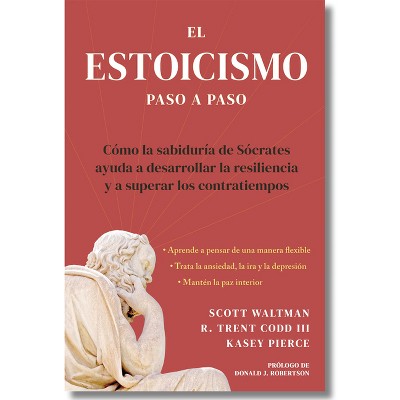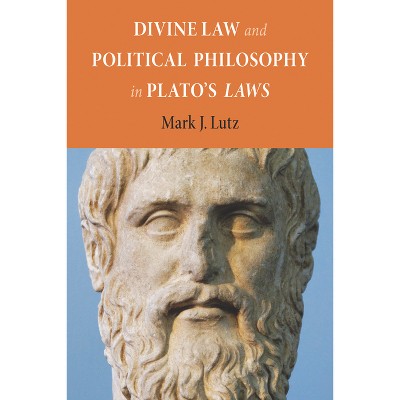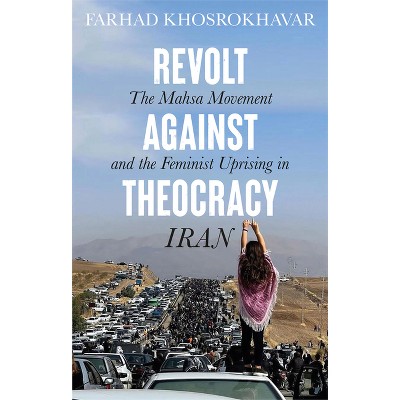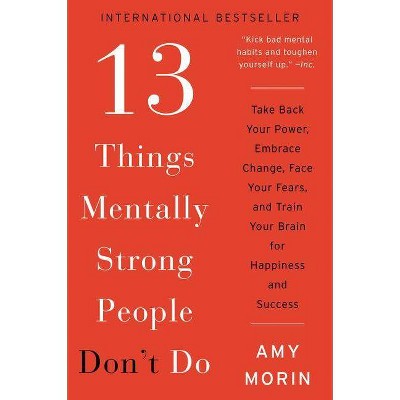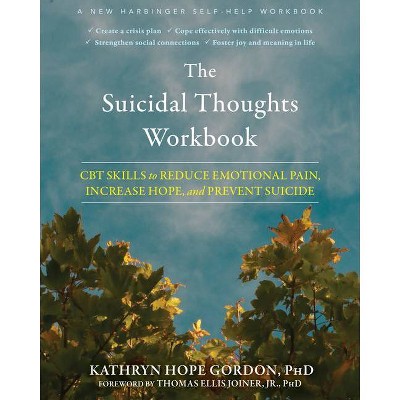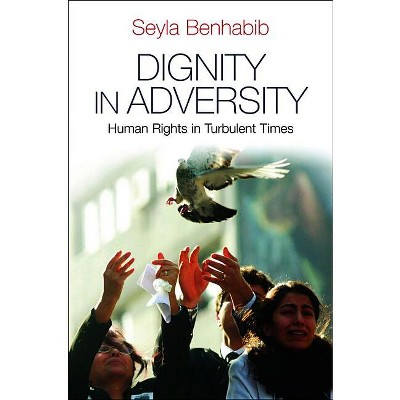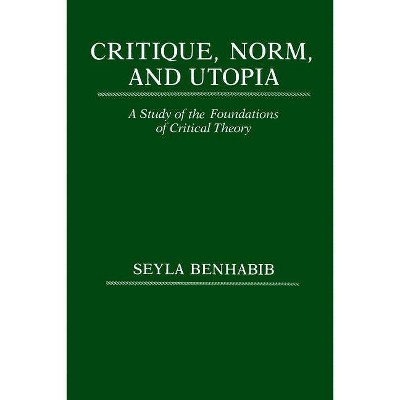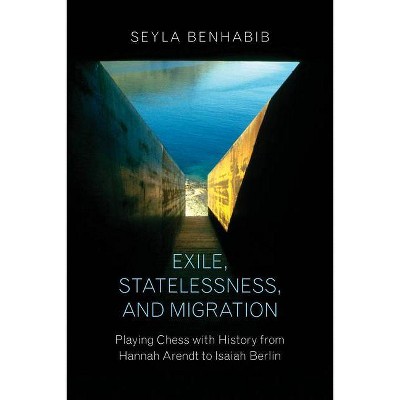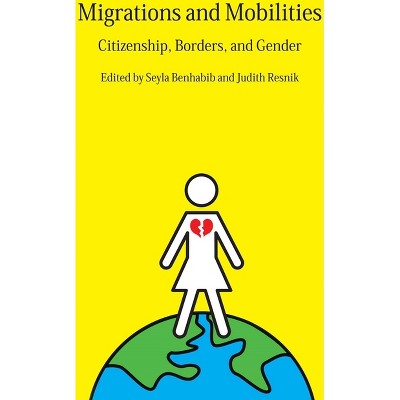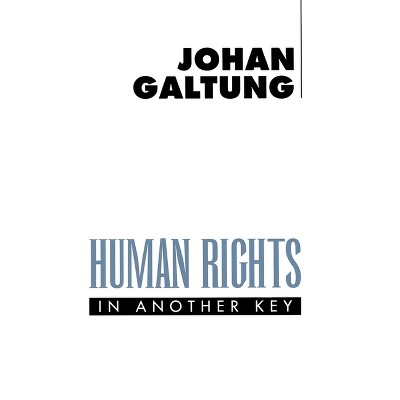About this item
Highlights
- The international order of the post-WW II period is in disarray.
- About the Author: Seyla Benhabib is Eugene Meyer Professor of Political Science and Philosophy, Emerita at Yale University and Senior Research Scholar at Columbia Law School.
- 224 Pages
- Political Science, Human Rights
Description
Book Synopsis
The international order of the post-WW II period is in disarray. The sounds of war can be heard all around us, from Ukraine to Gaza, from Darfur to the Congo, and there is growing skepticism towards human rights and democracy, the rule of law and peace among peoples.Facile expressions such as "Eurocentrism" and "demise of the West and the rise of the rest" miss the real challenge in this situation: how to extend moral, legal and political universalism to address the experiences of the multitude of humanity for whom western modernity has brought not only equality but also subordination, not only emancipation but also domination. Benhabib argues that rethinking this universalist project and participating in world-building together can be achieved by reconstructing and retrieving the best insights of critical social theory in the Frankfurt tradition and the liberal Kantianism of Rawls and Dworkin. In that spirit, this volume addresses state and popular sovereignty, Third World approaches to International Law, the 1951 Refugee Convention, and climate change legislation, while focusing on the changing fortunes of the European Union and cosmopolitanism. Benhabib engages with postcolonial thinkers and argues that, although validity claims and relations of domination and inequality are often intermixed, it is possible to reconstruct the insights of international law to serve a more inclusive universalism and world-building.
This vibrant defense of human rights and universal norms in an age of political skepticism and extremism will appeal to a wide readership and will be of particular interest to students and scholars in political theory, critical theory and law.
Review Quotes
"This book offers a thought-provoking defense of an inclusive moral, legal, and political universalism that takes the challenges of the postcolonial critique seriously. Retrieving core ideas of the traditions of critical social theory and liberal legal thought, the book advocates for a radical rethinking of core tenets of international law such as sovereignty, human rights, and territoriality in the face of challenges such as migration, the globalized economy, and climate change. It is a must read for anyone seeking to understand the profound political challenges we face today."
Cristina Lafont, Northwestern University
"Since her earliest contributions to critical theory in the 1980s, Seyla Benhabib has remained at the cutting edge of debates over democratic theory and humanitarian law. Challenging the recent ethos of arid skepticism that adopts a one-sided genealogical critique of cosmopolitanism and human rights, this new book pushes back, with courage and conviction. Shedding a powerful light on the normative validity that remains alive in the language of political universalism, it confirms Benhabib's place as one of the most esteemed political philosophers of our time."
Peter E. Gordon, Harvard University
About the Author
Seyla Benhabib is Eugene Meyer Professor of Political Science and Philosophy, Emerita at Yale University and Senior Research Scholar at Columbia Law School.
